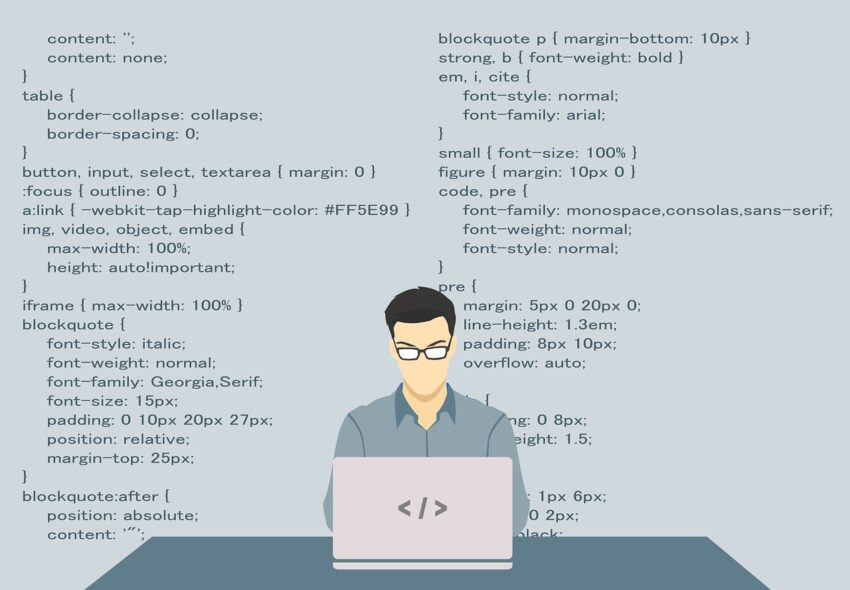What is the difference between open and free software? What is an open source license and source code? In this article we will analyze the basic terms and definitions that you need to know to study the subject of open source.
FOSS (Free and Open Source Software) – this abbreviation is used when talking about free and open source software.
Open source software (open-source software) is open source software that is available for review, study and modification. The user can modify the open source software himself with the code. The open source software can be used and modified by the user to meet his requirements.
Open source software may differ significantly from free software. For example, a product license may allow the user to study its source code, but not to modify it or distribute copies. In this case, the product will be open, but not free.
Known open source software is the Apache web server, the Linux operating system and the Netscape Navigator browser.

The source code is the text of a computer program in a programming language or markup language that can be read by a person. The most popular programming languages are C, C ++, Fortran, Java, Perl, PHP, Python. Open source code is distributed under an open license.
An open license is a license agreement under which you can use the source code of a program for the needs of users with minimal restrictions. Such restrictions include the requirement to refer to previous creators or keep the open property if the program is distributed later.
Thus, to be considered open a license must have access to the source code and the ability to modify it. An open license means that the software is free to use, modify and share. The Open Source Initiative website has a list of approved free software licenses.
More on: What is open source code
Donationware (from English donation “donation” and software “software”, abbreviated as donateware) is one of the options for monetizing open source projects. The fact is that open source software is not always distributed for free. Developers are implementing various schemes of project support.
For example, the popular donateware model suggests that users can make a donation and thus support the developers. In this case, the user is provided with fully functioning software.
The first time this method was tested in 1987 for the game Ballerburg. The programmer distributed the game for free, but asked for a donation, offering instead the source code of the game.
LAMP is a group of open source software for creating and running web servers. The abbreviation is formed from the first letters of the group components: the Linux operating system, Apache web service, the free database management system MySQL, the programming language PHP. In a broad sense, the term is understood as an independent and flexible approach to creating a server application.
Github is the largest platform for software development and hosting on a cloud server. The community has brought together more than 24 million people. On the site developers publish their open source projects, view each other’s code, leave comments and help in development. The source code of the project is stored in a repository, so called the repository of the source code of your software project.
For example, such companies as Microsoft, Google, Facebook use this resource to place the source codes of their developments. The greenhouse of social technologies also always publishes the source code of your projects on Github.
Key organizations
The GNU Project is an operating system like Unix, and consists of many free programs: applications, libraries, development tools, games. The name of the project comes from the GNU’s Not Unix phrase.
The project was founded by the programmer Richard Stallman in 1984, it was with its launch that the movement to support free software began. The project has its own GNU General Public License (GNU GPL) for software.
The Free Software Foundation (FSF) is a non-profit organization founded by Richard Stallman in 1985. The Foundation’s employees and volunteers are now working on legal and organizational issues related to Free Software.
With support from UNESCO, the Foundation has developed the Free Software Directory. The Foundation has also established two awards: for the promotion of free software and free software for socially important projects.
Open Source Initiative is a non-profit organization dedicated to protecting and promoting open source software. It was created by hackers, hack programmers Eric Raymond and Bruce Perens in 1998. The organization is supported and sponsored by major companies: Facebook, GitHub, Google, Heptio, Hewlett Packard Enterprise, IBM and Percona.
